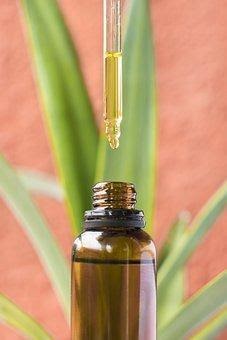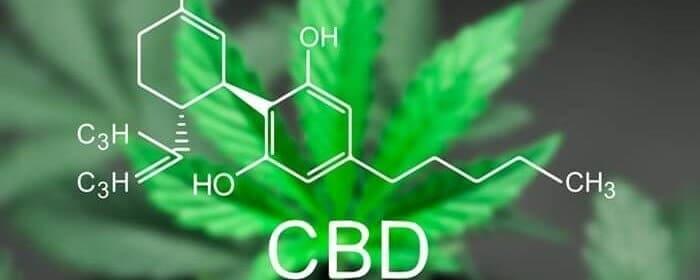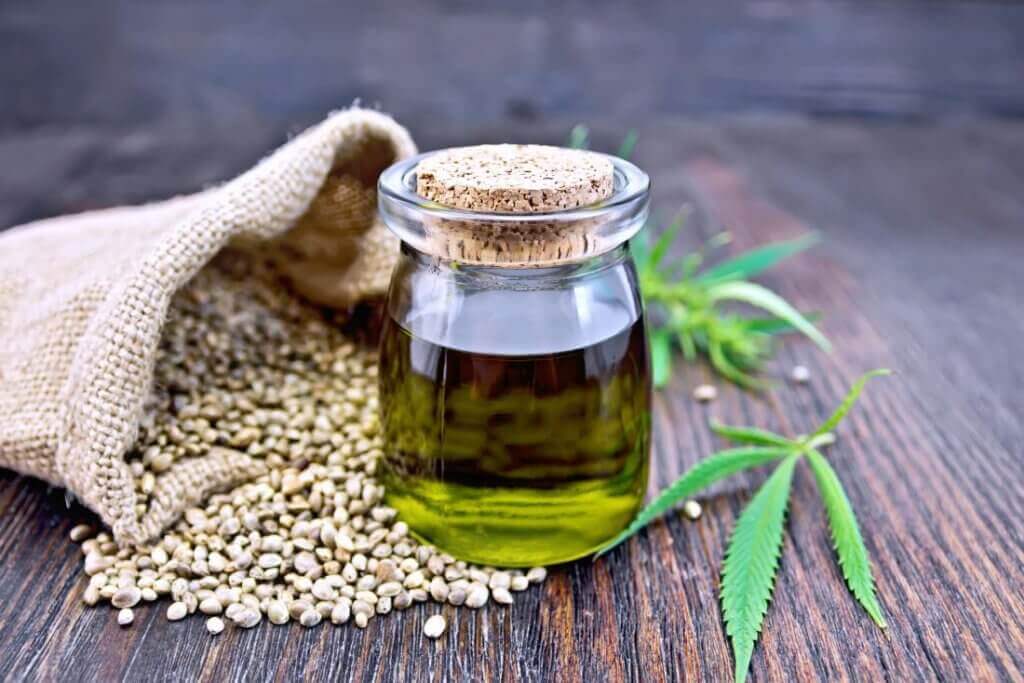CBD oil refers to oil obtained from cannabidiol. Cannabidiol is a compound that occurs naturally in marijuana, which contains immense therapeutic benefits.

CBD oil is mainly recommended for diseases whose primary symptoms include pain and anxiety. The oil also contains potent anti-inflammatory, antispasmodic, antibacterial, antifungal, and antioxidant properties.
Another exciting thing to know about cannabidiol oil is that it doesn’t induce euphoria or the famous ‘high.’ That’s due to the compound’s non-psychoactive and non-intoxicating nature. The primary compound in cannabis associated with euphoria is known as tetrahydrocannabinol (THC).
CBD’s incredible healing benefits are why the compound is now a staple ingredient in various fitness and sports supplements. But if you’re a professional athlete, it’s essential to seek out performance-enhancing products that don’t show up in drug tests.
And that begs the question, will CBD oil show up in drug tests? Read on to find out.
Photo Credit: Pixabay.com
What Do Drug Tests Normally Target?
There are numerous resources to read more about the substances that most drug tests seek to identify.
Drug tests typically screen for the following substances;
- Illegal performance-enhancing steroids, including most anabolic-androgenic steroids
- Most psychoactive substances, such as tetrahydrocannabinol and psilocybin mushrooms
- Most addictive drugs, such as amphetamines, benzodiazepines, methamphetamines, and barbiturates
- Illegal opioids, such as heroin and cocaine
- Alcohol and (sometimes) nicotine
Where does this leave CBD oil?
When it comes to drug tests for marijuana compounds, the two key parameters are the compound’s psychotropic nature and the legality of weed in the jurisdiction where the test is administered.
-
Cannabis’ Psychoactive Properties
We already mentioned that cannabidiol oil is non-psychoactive. Therefore, the compound is incapable of inducing intoxication. The closest that CBD oil may come to alter your state of mind is elevating your moods.
That’s in contrast to tetrahydrocannabinol, which is known to trigger a range of psychedelic effects if consumed in high doses. Some of the side effects of THC overdose include hallucinations, bloodshot eyes, euphoria, paranoia, and distorted perception of time and space. The compound may also affect your movement and reaction time, as well as impair short-term memory, judgment, and sensations.
So, in this respect, most drug tests screen for THC or its metabolites instead of CBD. This means that CBD oil won’t show up in drug tests. And even if it does, you’re unlikely to be arrested or penalized.
If you’re a professional athlete, the point behind screening for tetrahydrocannabinol is that THC’s psychoactive effects, particularly euphoria, may give you an undue edge over your opponents. Note that the feeling of euphoria is associated with sudden bursts of energy and enthusiasm. That explains why high on weed, people tend to pursue more intensely the activities that generally make humans happy. Examples of such activities include eating, working out, and having sex.
-
Cannabis’ Legality
Aside from seeking to establish the psychoactive compounds in your bloodstream, some tests screen for illegal substances. These may not necessarily be compounds that induce euphoria.
In the United States, for instance, cannabidiol oil is legal in all fifty states. The only condition is that the oil must contain a maximum THC potency of 0.3%.

But as you shall find, cannabidiol laws vary in numerous countries around the world. Despite CBD’s immense therapeutic potential, some countries still impose a sweeping ban on marijuana and all its derivatives.
If traveling to such countries, you may be subjected to a raft of drug tests that could screen for all cannabis compounds in your bloodstream, including CBD oil. So, it’s important to familiarize yourself with CBD laws, especially when planning vacations to countries with hazy marijuana laws.
Photo Credit: Pixabay.com
Are All CBD Oils Made Equal?
No.
Oil formulated with pure CBD may not induce euphoria. However, it’s worth noting that numerous CBD products contain significant THC levels. Such products usually bear the label full-spectrum. They typically contain CBD, THC, and a host of other cannabinoids, including cannabinol (CBN), cannabigerol (CBG), and cannabichromene (CBC).
If you’re a seasoned CBD user who’s worried about failing a drug test, you might want to choose products labeled ‘isolates’ or ‘broad-spectrum CBD.’

CBD isolates are CBD oils formulated with cannabidiol as the only marijuana compound. These oils tend to be highly potent and should be administered in shallow doses.
On the other hand, broad-spectrum CBD oil contains a range of cannabinoids except for THC. They’re ideal for CBD users who’re opposed to THC’s mind-altering effects.
Photo Credit: Pixabay.com
How Are Drug Tests Commonly Administered
Urinalysis is the most commonly administered drug test. It involves screening urine samples for specific substances.
Urinalysis is an immunoassay test that relies on antibodies designed to latch on specific substances or their metabolites.
Different governments and regulators set the drug concentration levels required for urine drug screening to be considered valid. Tests turn out positive when the antibodies identify drug amounts above the predetermined concentration levels and negative when the concentration is lower than the threshold.
People who test positive for banned substances may be slapped with instant penalties. Alternatively, they may be subjected to follow-up tests, such as mass spectroscopy, gas chromatography, or high-performance liquid chromatography.

Photo Credit: Pixabay.com
Final Word
Most drug tests don’t screen for cannabidiol oil because the compound is non-psychoactive. However, some tests may identify CBD if such tests are taken in jurisdictions where cannabis is illegal.
For professional athletes, it’s reassuring to note that the world anti-doping agency (WADA) doesn’t include CBD in its list of banned substances.
Reference Links:
https://www.theextract.co.uk/is-cbd-legal-worldwide/
https://www.wada-ama.org/en/questions-answers/cannabinoid/
https://www.healthgrades.com/right-care/lifestyle-and-wellness/does-cbd-oil-show-up-on-a-drug-test/
https://www.medicalnewstoday.com/articles/does-cbd-show-up-on-a-drug-test/





